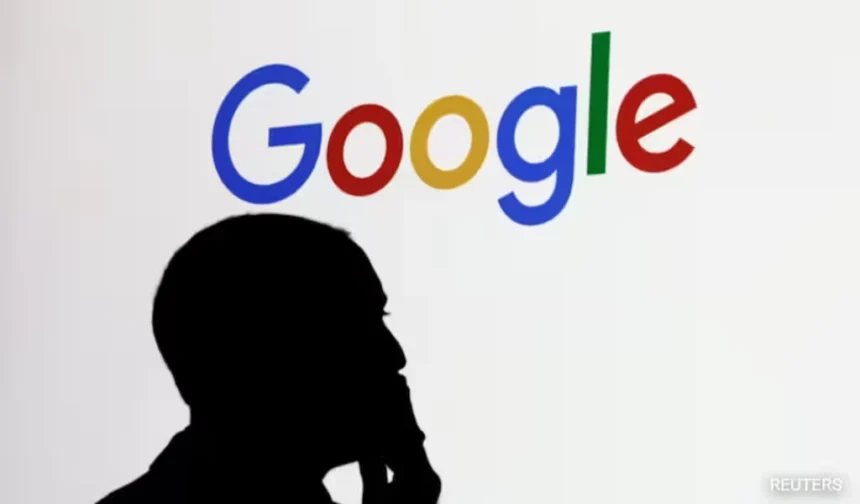(CTN News) – Google, which is owned by Alphabet, was found to have unlawfully controlled two online advertising technology markets, according to a ruling issued by a federal judge on Thursday in an antitrust case brought by the United States.
The decision was made in response to a case that was brought forward by the United States of America. The future of both of the aforementioned markets is uncertain.
The tech giant was dealt yet another blow to its dominant position in the industry as a result of this decision, despite the fact that it was already facing a significant amount of competition.
Prosecutors may be able to request that Google’s advertising products be separated from one another in response to the ruling rendered by United States District Judge Leonie Brinkema in Alexandria, Virginia. This is the outcome in light of the decision that was rendered. This is specifically attributable to the decision that is currently being rendered.
US Justice Department thinks Google Ad Manager should be sold.
The Department of Justice maintains this perspective. This is the result of the Google Ad Manager’s integration of the ad exchange and the publisher ad server, both of which are managed by through its operations.
In an effort to curtail the company’s hegemonic position in the history of online search, the Department of Justice has mandated that Google sell its Chrome browser and implement additional measures.
The court’s request to compel to sell its Chrome browser will be the subject of a trial in the county of Washington in April. Given this, Google may now be compelled to comply with orders from two distinct courts in the United States that mandate the company either sell investments or modify its business operations.
Google has the option to choose from either of these options. The trial is currently scheduled to occur in April. This event will occur at a future date, as Google will continue to expand until 2025.
In September, Reuters published a report alleging that Google has contemplated the sale of its ad exchange in advance to appease European antitrust authorities. This information was disclosed during the report’s release. The reader was informed of this information at the commencement of the report.
The Department of Justice, in conjunction with a group of states, was accountable for overseeing the proceedings of the trial, which lasted for a total of three weeks, as per Brinkema. One of the objectives of the trial was to establish evidence that Google had monopolized the markets for advertiser ad networks and publisher ad servers.
The trial also aimed to illustrate Google’s efforts to regulate the ad exchange market, which is occasionally referred to as intermediaries between buyers and sellers. This experiment was conducted to exemplify these activities.
A prosecutor claimed Google established monopolies conventionally.
According to the allegations, Google is accused of implementing these strategies. Acquisitions were one of the strategies employed to eliminate competitors from the market.
Furthermore, the organization implemented additional strategies, including restricting customers to its products and exerting control over the manner in which transactions were conducted in the online advertising market.
Google’s argument was centered on the past, specifically the period during which the company was in the process of developing tools that could interact with competing products. This was the situation, given the manner in which Google presented its case.
During the period when digital advertising spending transitioned from print advertising to streaming video consumption and apps, the prosecution failed to consider the competition from technology companies such as Amazon.com and Comcast. This is the current situation, according to attorney.
Furthermore, the prosecution neglected to consider the fact that these organizations were competitors in the marketplace.
SOURCE: NDTV
SEE ALSO:
How DFIR Teams Solve Incidents With Threat Intelligence Tools
Apple Airlifts 1.5 Million iPhones from India One Day Before Trump’s Tariffs
Meta Introduces Llama 4: Discover the Most Recent Open-Source AI Model.

Salman Ahmad is known for his significant contributions to esteemed publications like the Times of India and the Express Tribune. Salman has carved a niche as a freelance journalist, combining thorough research with engaging reporting.














